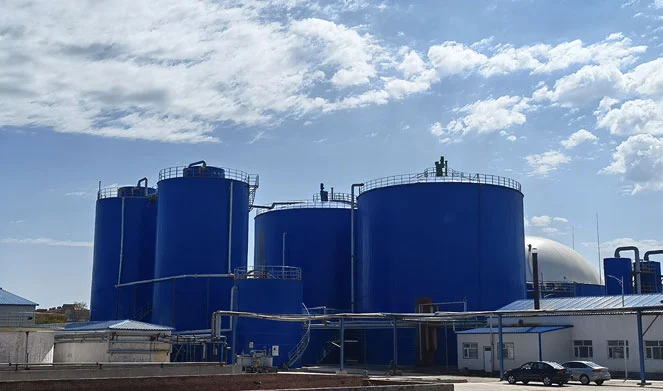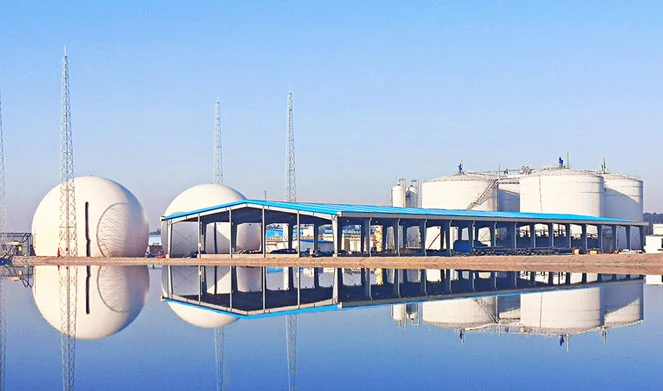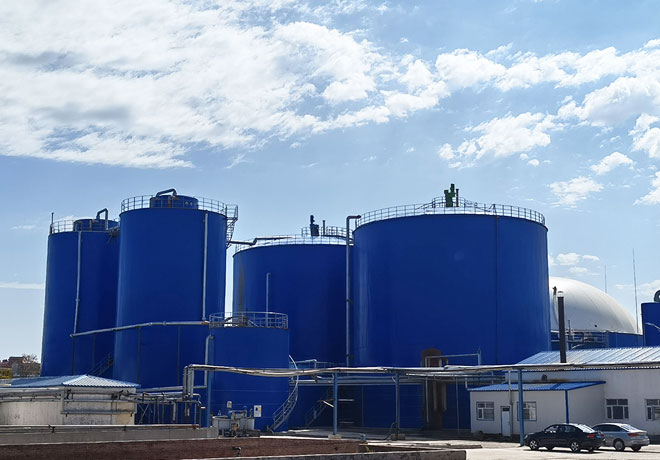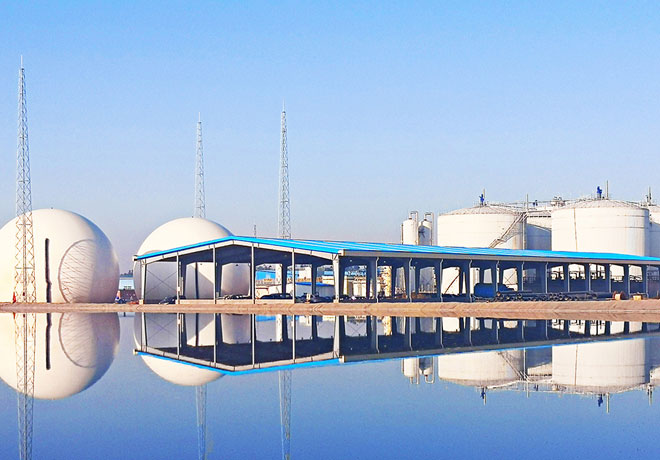- Home
-
Biogas Projects
By Size By Gas Utilization By Application
- Biogas Plant Technology
- Service
- Blog
- Resources
- Company
- Contact



Agricultural biogas plants also called anaerobic digestion biogas plant utilizes anaerobic digestion to convert organic materials like manure and crop residues into biogas. Within a sealed digester, microorganisms break down the feedstock, yielding methane-rich biogas. After purification, the biogas is utilized for electricity, heat, or vehicle fuel. Additionally, the process yields digestate, a nutrient-rich residue used as organic fertilizer, contributing to sustainable waste management and agriculture in the biogas processing plant. By recycling organic waste and reducing greenhouse gas emissions, this solid waste management biogas plant plays a crucial role in promoting renewable energy and sustainable practices in farming while enhancing soil fertility and mitigating environmental impact.
Renewable energy production: Biogas generated from agricultural waste provides a renewable energy source that reduces reliance on fossil fuels by making biogas as a source of farm power.
Waste management: By converting organic waste into biogas, agricultural biogas plants provided by gobar gas plant manufacturers help farmers manage manure and other residues more efficiently, reducing odors and pollution.
Nutrient recycling: The byproduct of agricultural biogas production, called digestate, is a nutrient-rich fertilizer that can be used to improve soil fertility and crop yields.
Revenue generation: Agricultural biogas plants can generate additional income for farmers through electricity sales, government incentives, and carbon credits.
